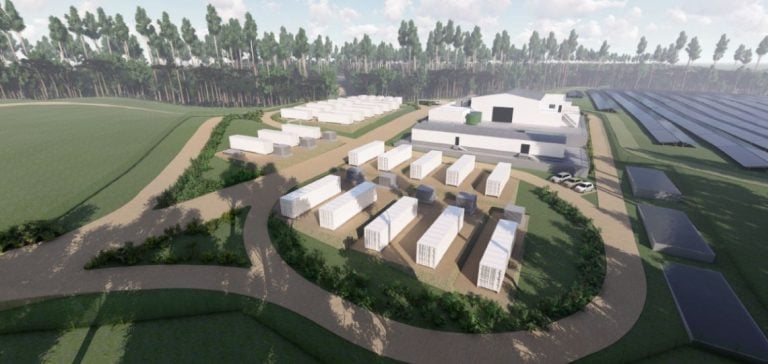After a tense period spanning several years and marked by clashes and intense negotiations, an agreement has been reached between the Central Electric of Western Guyana (CEOG) and the Amerindian village of Prospérité. This conflict, primarily centered around the impact of the plant’s location near the village and its traditional hunting areas, now appears to have reached a novel resolution.
Since the project launched in 2018, the residents of Prospérité, a village of 200 people near Saint-Laurent-du-Maroni, have voiced their concerns and objections regarding the environmental and social implications of the power plant. The villagers notably criticized the encroachment on their hunting territories, which are essential to their subsistence and cultural traditions. These grievances have often led to tensions, including law enforcement interventions and arrests.
An Agreement for the Future
Last Friday, representatives of the CEOG and the village signed a historic protocol of agreement. This document notably provides for the creation of an endowment fund dedicated to supporting the development and self-sufficiency of Prospérité. According to Henry Hausermann, director of CEOG, this fund will be provided annually during the 25 years of the plant’s projected operation, although the amounts have not been disclosed.
For Jérôme Bouquet-Elkaïm, the village’s lawyer, this fund represents far more than simple financial compensation. “It’s about offering a true development perspective for Prospérité, a tool for the village to strengthen itself and envision a more autonomous future,” he stated after the agreement was signed.
A Long Road to Reconciliation
This agreement marks the culmination of complex negotiations. The situation reached a peak in October 2022 when the yopoto (village chief) was placed in custody, exacerbating anger and indignation within the community. In March 2024, the chief approached the United Nations (UN), requesting a halt to the project. This symbolic gesture underscored the intensity of the conflict and the urgency of finding an acceptable solution for both parties.
Despite this progress, the memory of these tensions remains deeply ingrained in the village’s collective memory, as expressed by Aulaguea Thérèse, president of the Federation of Indigenous Organizations of Guyana: “Nothing has been forgotten: the words, the attitude, the violence… Today, it’s imprinted in the village.” For the residents, this agreement represents as much a form of reparation as a commitment to a more peaceful future.
The CEOG Power Plant: A Major Project for Guyana
The CEOG power plant, set to be operational in 2026, is expected to supply energy to about 10,000 households. This project is part of an energy independence strategy for the region, aiming to reduce reliance on fossil fuels. Although the project promises environmental benefits for Guyana, it has also raised legitimate concerns among local indigenous communities.
While this agreement appears to offer a path toward reconciliation, observers highlight the importance of closely monitoring the commitments made, both in terms of funding and respecting the rights and lifestyles of Prospérité’s residents.






















